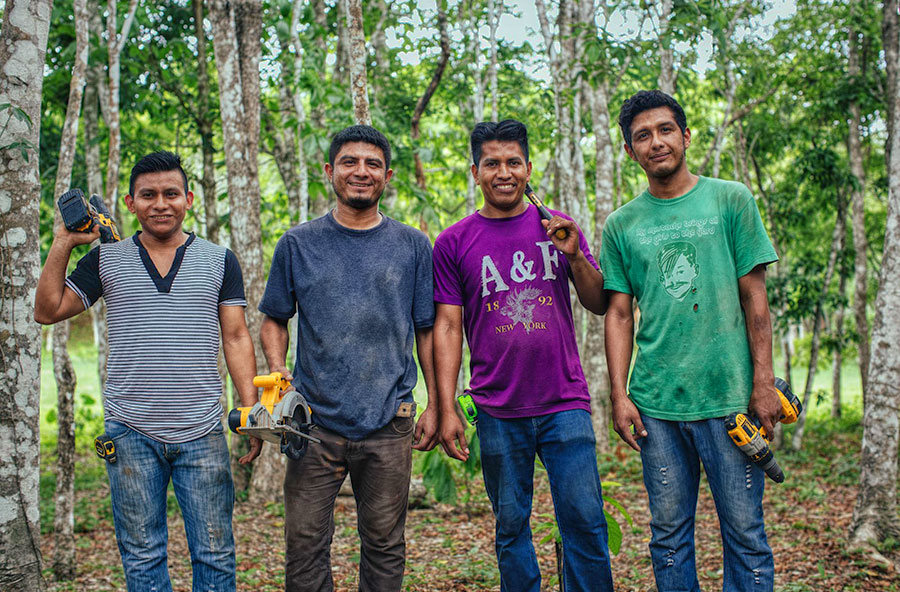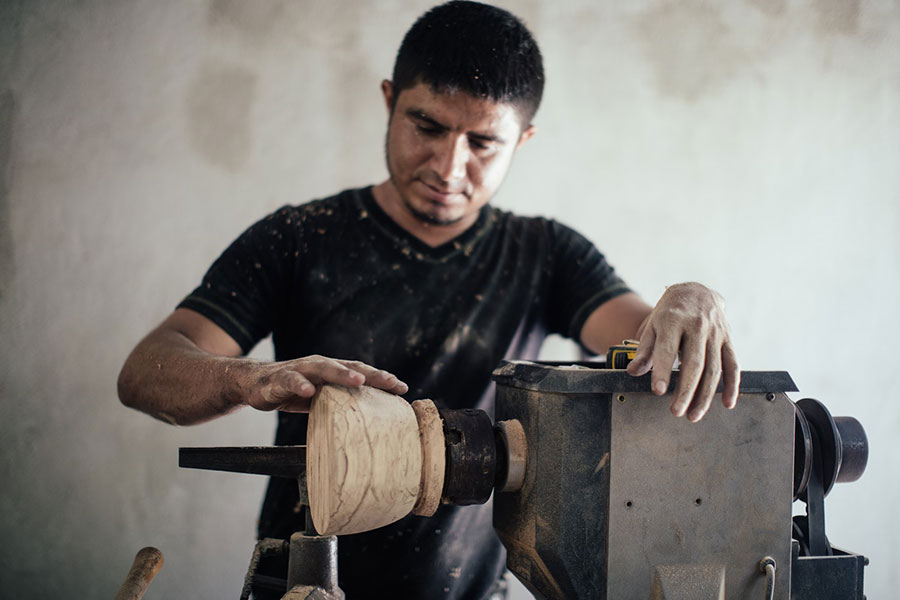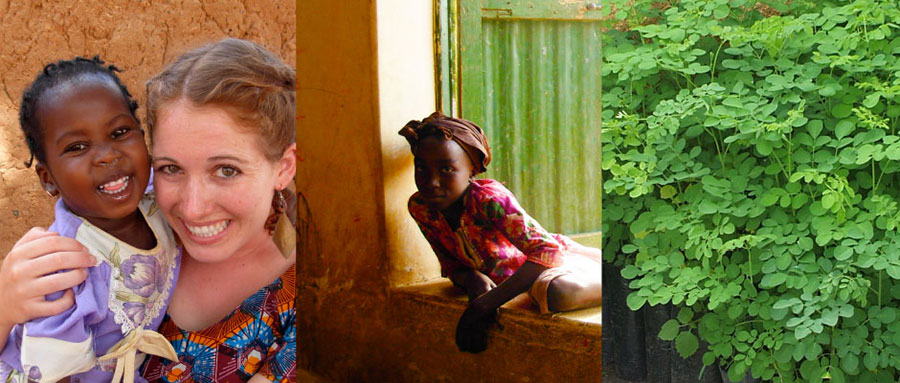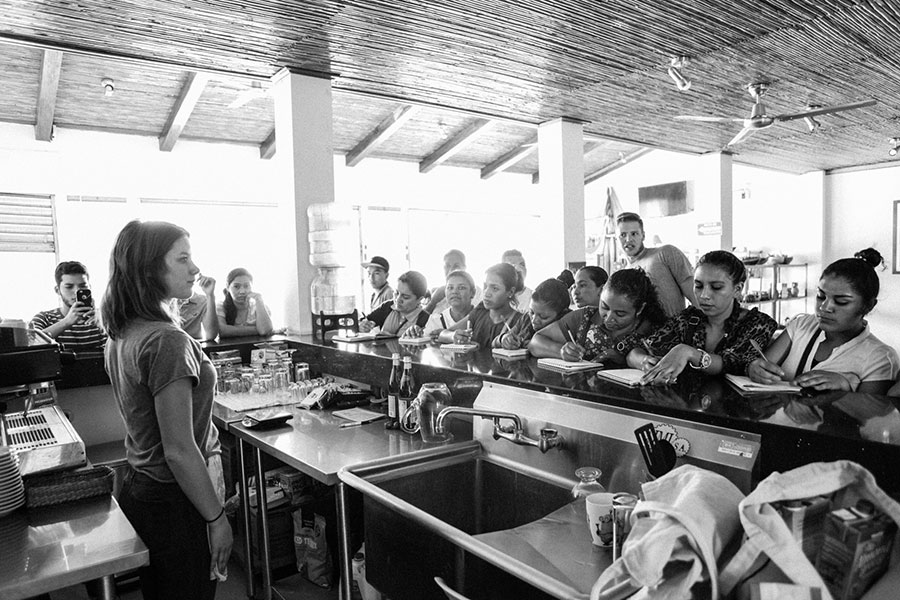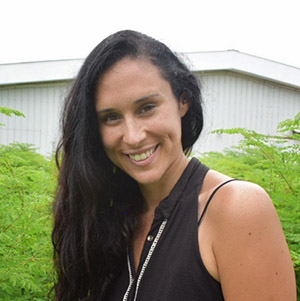As a millennial, I’m of the mindset that businesses should use their operations to make a profit and also impact their stakeholders. Whether that be through ethical supply chains, education, BOGO programs or the myriad social models that have sprung up in the past decade to make a difference in the world, triple bottom lines aren’t optional anymore – they’re a must.
With larger companies like Ben and Jerry’s, Patagonia and Tom’s all committing to social and environmental stewardship, it’s the perfect time for new waves of social enterprises to follow suit and create impact in areas they care about.
If you like this, subscribe here for more stories that Inspire The Future.
Living in the information age where data is instantaneously accessible, sites like Facebook, Whatsapp and Youtube, make me feel like nothing is private anymore and global communication isn’t a hindrance but the norm. Because my generation is privileged to have access to an international community, I decided to travel to Central America in search of local entrepreneurs and see how they approach social change. I wanted to step out of my American perspective and understand the mindset of citizens in countries that have gone through dictatorships, civil wars and economic struggles to see what people my age are doing to disrupt the system. What I found was remarkable.
Itzawood: Ethically Sourced Woodwares.
I began my travels in the Peten jungle in northern Guatemala and visited an entrepreneur using a carpentry school to create jobs, support schools and plant trees.
“I saw the effects of poverty first hand through my family’s non-profit, and we wanted to make a difference,” says Eliza Babarczy about Hearts in Action, a school they started with a focus on ecological education and job skills. Along with her sister Suzanne, they founded a social enterprise, Itza Wood, as a sustainable employment solution for the local community.
Through sales of their beautiful handmade wooden items for the kitchen, bathroom
and office, they have planted 50,000 trees, hired eight employees and helped educate 400 children. The company is now looking to expand to the United States. I want to stay in touch because their story is beautiful and their products are unique. Eliza, in particular, impressed me because she makes a 12-hour commute from Guatemala City, where she does sales and marketing, to the area every week to oversee the supply chain. Her tenacity and commitment to the cause are incredible and very different from my experience with businesses in America. To me, she is the epitome of an entrepreneur.
Kuli Kuli Inc: The Superfood Bar That is Changing Livelihoods.
In the hot plains of Chinandega, Nicaragua, Julio MonteAlegre and his workers are planting moringa. A superfood that is well known in Nicaragua but still growing in popularity in the United States. The crop is driving Julio’s company, Esentium, to create more impact for his local community of El Viejo.
I met Julio through Kuli Kuli foods, a social enterprise based in Oakland, California, that sells delicious bars and powders for smoothies. In just three years they have become the most significant moringa buyers in the world. After a Kickstarter campaign in 2013 that saw them become the biggest fundraiser for a food company, they began selling their bars in the Bay Area. They were approached by Wholefoods for national distribution and now source moringa from Ghana, Haiti and Nicaragua.
“It’s common knowledge that when you invest in a woman, you invest in a community,” explains Valerie Popelka, COO. “As a social enterprise, we need to be successful because we’ve seen so many failed aid and government projects, so we keep that in mind when working with our producers. We don’t want to overpromise and underdeliver.”
This is a company that is doing great things and scaling so quickly in so little time.
They impressed me because they have a great product and are committed to working with producers to ensure their supply chain is ethical. They even helped their suppliers become Fair Trade certified so that they could pay them better!
Vega Coffee: Roasted by Farmers in Nicaragua And Sent to Your Door.
My journey ended in Esteli, Nicaragua, where I was able to spend a week with a revolutionary coffee company. Vega was created in response to advantageous coffee supply chains with multiple intermediaries that siphon 90% of the profits from a bag of coffee while the producers who grew the beans received pennies on the dollar. Their solution? Train the farmers in coffee roasting and packaging and keep production 90% in the country.
“We kept thinking about this idea — farmer-roasted coffee — because it was such an obvious problem to us,” says CEO, Rob Terenzi. “If you look at a chart that compares the price consumers pay for a cup of coffee over the last five to seven years, to how much farmers are earning, the numbers are exactly inverse. Prices are going up, while farmers are earning less.”
Beyond the farmer training, Vega flies in coffee industry experts from around the world to teach different aspects of coffee making, many of who have never seen a coffee plant, and who tour coffee plantations to better understand the growing process.
By acknowledging the problems in the coffee trade and working with local stakeholders to change them, Vega is integrating the supply chain and disrupting a system that is centuries old. The result brings higher wages and financial security to local producers and supplies Western customers with fabulous coffee. If that isn’t a fresh approach to social impact in the global marketplace, then I don’t know what is.
If you like this, subscribe here for more stories that Inspire The Future.

